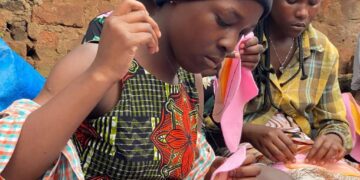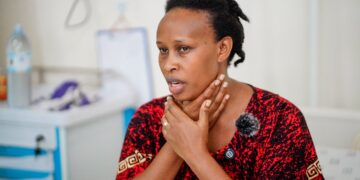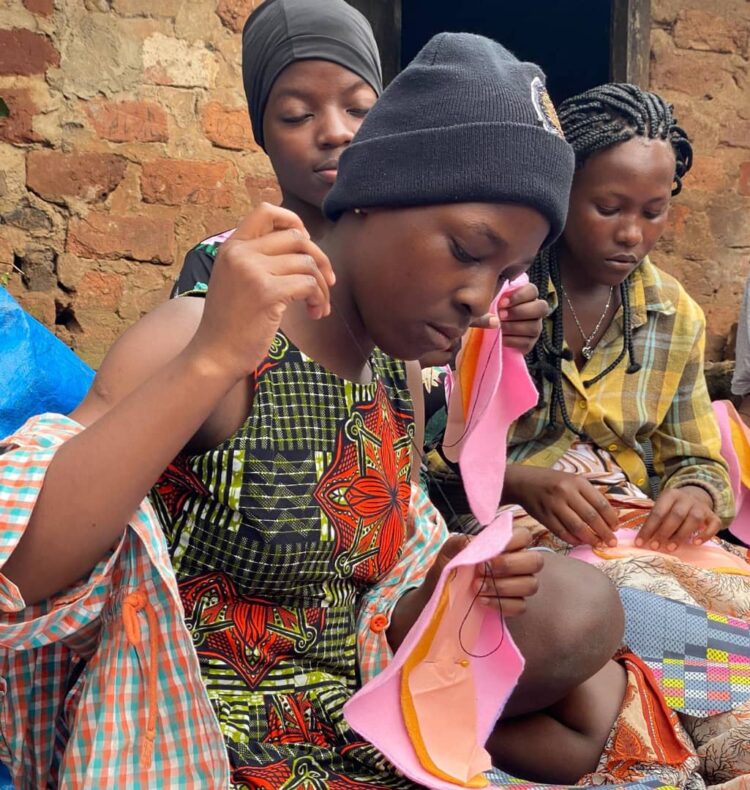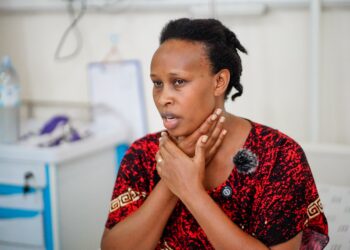OPINION
Menstrual hygiene is about taking care of your body and staying healthy during your period. It involves keeping clean and managing your period in a way that feels comfortable and safe.
The menstrual cycle is a monthly process where the lining of the uterus sheds, and this is what we know as a period.
It’s true that menstrual health and hygiene are often overlooked in marginalized communities, and it’s a beautiful complex issue.
Globally, around 500 million women and girls don’t have access to proper menstrual hygiene management. Only about 35% of women have everything they need to manage their periods comfortably. This means a significant 65% face challenges, especially in communities where it’s hard to get the necessary supplies.
Girls in these areas start their periods without knowing much about it, which can lead to fear and confusion about hormonal changes, cramps, and the risk of pregnancy. Whether this is the fault of the girls or their parents is a tricky question. It’s more about a lack of information and resources.
In these communities, girls often struggle with a lack of sanitary products and clean water, which makes managing their periods difficult. Stigma from peers, male students, and even teachers can also be a big problem, especially for girls in primary school.
Having worked in schools in these communities, I have seen firsthand how these challenges lead to girls missing school and struggling academically during their periods.
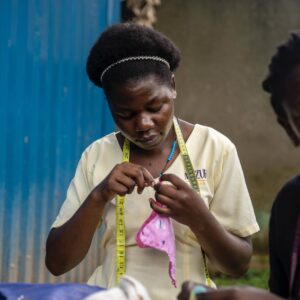
Since menstruation is a natural process, it’s important to find ways to support these girls so they can stay in school.
Addressing menstrual health in marginalized communities requires a multi-faceted approach.
Government intervention is crucial, particularly through partnerships with Non Governmental Organisations and Community Based Organisations like Women for Green Economy Movement Uganda to offer solutions, such as training girls to create reusable sanitary towels.
Additionally, the government should prioritize improving access to clean water in local communities and schools, which is essential for girls’ hygiene during their periods.
Comprehensive sensitization programs are also needed, targeting students, teachers, and the broader public, especially in marginalized schools and communities, to break down the stigma associated with menstruation that leaves girls in fear of speaking up and seeking support during their periods.
By working together, we can create an environment where menstrual health is a shared responsibility, and the stigma surrounding it is eliminated.
By Mary Blessing Ahairiirwe,
The writer is a Volunteer at Women for Green Economy Movement.
Email: maryblessingahairiirwe@gmail.com
